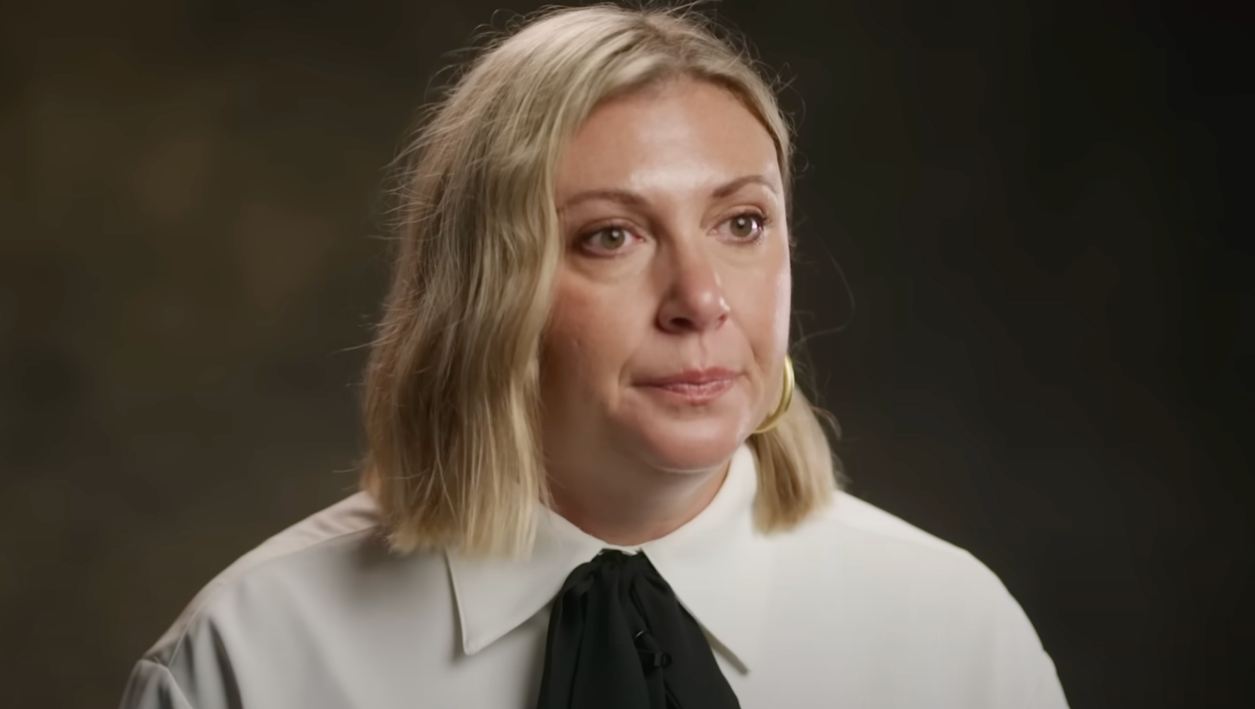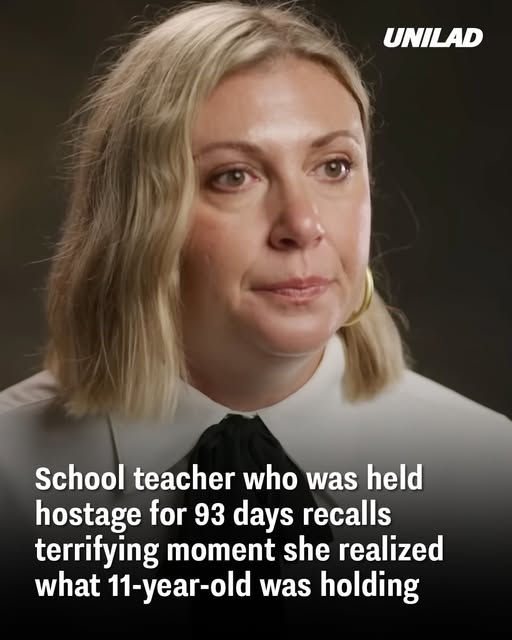Jessica Buchanan, then aged 32 and from rural Ohio, was abducted in October 2011 while working in Somalia for a humanitarian organization. She was traveling with a Danish colleague, Poul Hagen Thisted, from a training session in Galkayo when armed men impersonating police intercepted their convoy. Despite undergoing all standard security procedures, the pair were forced into captivity.
They were separated and shuffled between vehicles throughout the night, plunged into darkness, and subjected to constant uncertainty. Buchanan later recalled a terrifying moment when she turned to see a child standing behind her armed with an AK-47—an 11-year-old boy named Abdulahi, who was already deeply involved in kidnapping operations.

Surviving Psychological Warfare
From the earliest hours of captivity, Buchanan understood one thing: she needed to survive the first 48 hours. That principle, part of her humanitarian training, became a lifeline.
Abdi, the main captor, took control and demanded a ransom amounting to $45 million from both the U.S. and Danish governments—a figure utterly disproportionate to the value of two aid workers. To amplify confusion and fear, the kidnappers staged repeated threats. At one point they drove toward an airport, then abruptly turned away. “Wave goodbye,” Abdi would declare, implying surrender was impossible without ransom. Abdulahi also humiliated her psychologically, commanding minute movements—“move two inches to the left”—then brandishing a knife when she hesitated. Buchanan, forced to comply, was remonstrated into obedience.
As conditions worsened, she became gravely ill after contracting a urinary tract infection, which she warned in a “proof-of-life” call that she would not survive more than two weeks without treatment.
The Rescue by SEALs
On January 16, 2012, Buchanan made what would become her final proof-of-life call. Days later, the compound erupted in gunfire. She braced herself for further violence, fearing a second kidnapping attempt. Instead, U.S. Navy SEALs made contact. A voice near her whispered, “Jessica, it’s okay. You’re safe now.” Ordered by President Barack Obama, 24 SEALs parachuted into Somalia’s rugged terrain and launched a midnight assault on the captors’ stronghold. Nine pirates were killed; the hostages were freed without harm.

Aftermath and Reflection
Liberated at dawn, Buchanan and Thisted were flown to Djibouti before returning home. Though the ordeal had ended, her psychological recovery would prove more arduous than the rescue mission itself. Buchanan now speaks openly about post-traumatic triggers: car rides, dust storms, or sudden movement can evoke panic attacks. She and her family live near Washington, D.C., raising their children and rebuilding a life shaped—and shadowed—by her time in captivity. When asked what she learned, she says the experience made her more self-reliant and resolute. She discovered an inner resourcefulness she never knew existed, and vows never again to let others make critical decisions for her.
Conclusion
Jessica Buchanan’s story is a powerful reminder of the resilience of the human spirit. Her harrowing months in captivity pushed her to the brink physically and mentally, but her determination to survive carried her through. The dramatic rescue not only saved her life but also demonstrated the lengths to which governments will go to protect their citizens. Today, Buchanan uses her experience to inspire others, proving that even the darkest moments can lead to growth, courage, and a renewed appreciation for life.

















